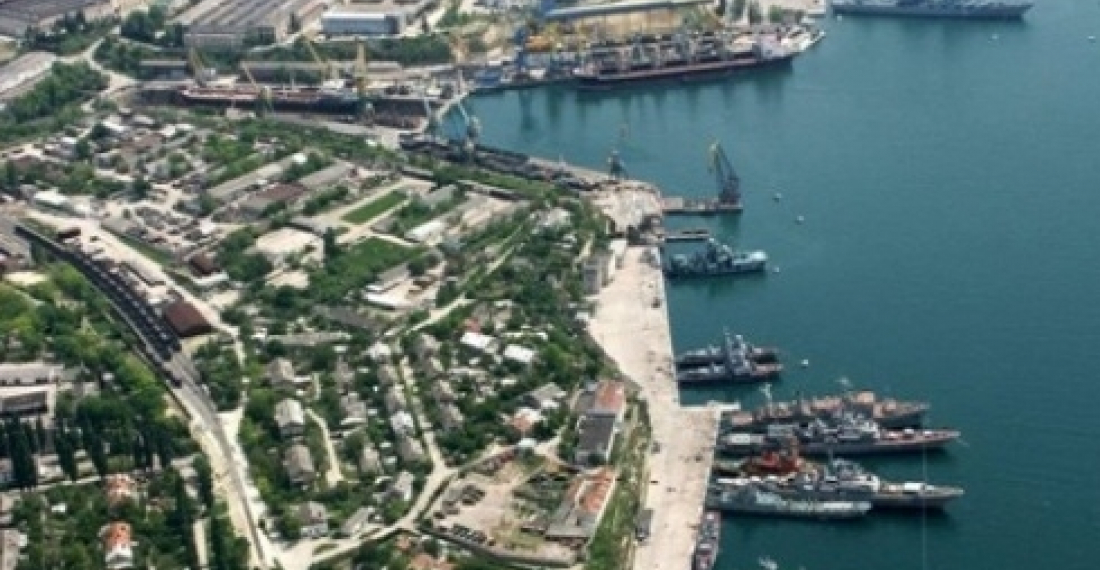Russian President Vladimir Putin has once more emphasised the importance of rebuilding the Russian Navy, but production delays means many new ships will be delivered late. President Putin yesterday chaired a meeting on the development of the Navy in which the procurement programme was reviewed. Putin told the conference that about 750 warships were modernized or repaired last year, but that the development and testing of some new surface ships and submarines has been experiencing delays.
Putin said last year that the procurement of new warships and submarines for the Navy would be a priority over the next decade. The Russian government has allocated five trillion rubles ($166 billion) or a quarter of the entire armament procurement budget until 2020 for the fleet.
Defense Minister Sergei Shoigu said in March the Navy would receive 24 submarines and 54 surface warships by 2020.
There has been a build-up of the Russian Navy in the Mediterranean in recent months. Although initially connected with the ongoing Syria crisis it has now become clear that Russia wants to maintain its naval squadron in the Mediterranean on a permanent basis and ships from the Far East, Black Sea and Northern Fleets have been attached to the new squadron.Russia sees the fleet as a means of power projection beyond its immediate borders.
source: commonspace.eu with RIA Novosti
photo: The Dockyard of the Russian Black Sea Fleet in Sevastopol with Navy units in anchorage (picture courtesy of RIA Novosti)







